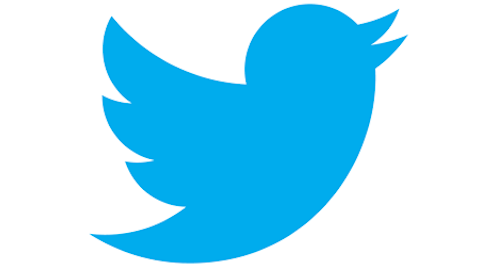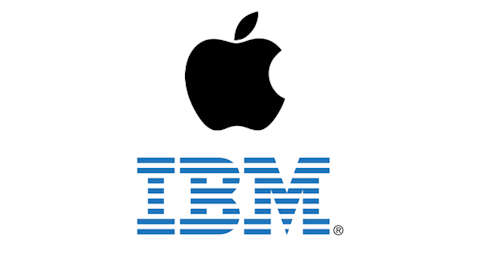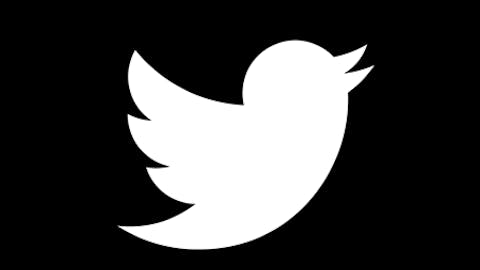Paul Cantor, Joseph Weiss, and Will Wurm‘s Beech Hill Partners has filed its latest 13F with the SEC, giving us a chance to see the fund’s holdings as of the end of March. The New York-based hedge fund, which is open only to accredited investors, was founded in 1987 and maintains a balanced and diverse equity portfolio with an inclination towards the health, technology, and finance sectors, which accounted for over 60% of its exposure to equities. As stated in the fund’s Q1 2015 letter to investors, it exited the majority of its positions in oil and gas companies during the quarter, due to continued weakness in oil prices. Among those closed positions was Seadrill Ltd (NYSE:SDRL), though the fund maintains its position in Exxon Mobil Corporation (NYSE:XOM), which Warren Buffett notably closed recently.

vichie81/shutterstock.com
Hedge funds like Beech Hill Partners prefer to have the largest amounts of their capital invested in large and mega-cap stocks because these companies allow for much greater capital allocation, which is important taking into account that the global hedge fund industry has swollen to nearly $3.0 trillion. That’s why if we take a look at the most popular stocks among funds (we track more than 700 in our database), we won’t find any mid- or small-cap stocks there. However, our backtests of hedge funds’ equity portfolios between 1999 and 2012 revealed that the 50 most popular stocks among hedge funds underperformed the market by 7 basis points per month. On the other hand, we found that we can combine the pricing inefficiencies among small-cap picks with hedge fund expertise and obtain significant results. This was confirmed through backtesting and in forward tests of our small-cap strategy since 2012. The strategy, which involves imitating the 15 most popular small-cap picks among hedge funds managed to provide gains of more than 137%, beating the broader market by over 82 percentage points through the end of March (see the details).
Apple Inc. (NASDAQ:AAPL) remains at the top of Beech Hill’s equity portfolio, with the fund’s exposure to the stock increasing to 6.00%, giving it nearly 50% greater exposure to Apple, which owns one of the most profitable businesses ever, than to any other individual stock. Its position was valued at $12.76 million at the end of March and consisted of 102,527 shares, up slightly by 1% during the first quarter. Apple Inc. (NASDAQ:AAPL) also returned more than 13% during the quarter. However despite another record setting quarterly performance announced in late April, Apple was up only marginally, less than 1%, in April. Some analysts fear growth will slow now that the iPhone 6 has hit on perhaps the last major design trick in its arsenal, a bigger screen. The company’s excessive borrowing to appease shareholders like Carl Icahn, who has actively pressured it for greater shareholder returns, is also rubbing some analysts the wrong way. While Apple has nearly $200 billion in cash, most of it is held overseas for tax purposes and can’t be directly accessed, so Apple actually has to borrow money to fund its share buybacks. Regardless, bulls see Apple Inc. (NASDAQ:AAPL) as the likely first trillion dollar company, and there is nearly unlimited potential for what it can do with its overseas cash hoard.
Facebook Inc (NASDAQ:FB) checked in at second place in Beech Hill’s equity portfolio, with the fund inching its position in the social media giant by 2% during Q1 to 108,808 shares, which had a value $8.95 million at the close of Q1. Shares enjoyed a solid first quarter, returning over 5%, but dipped in late April following the release of Facebook Inc (NASDAQ:FB)’s first quarter results. Sales and revenue came in essentially right at estimates, while margins have dropped from the year-ago period. However, Facebook Inc (NASDAQ:FB) has a number of hot properties going forward beyond just its main social media site, including the Oculus Rift VR headset, Instagram and WhatsApp. Billionaire Stephen Mandel’s Lone Pine Capital had the largest position in Facebook at the end of 2014, among funds in our database.





